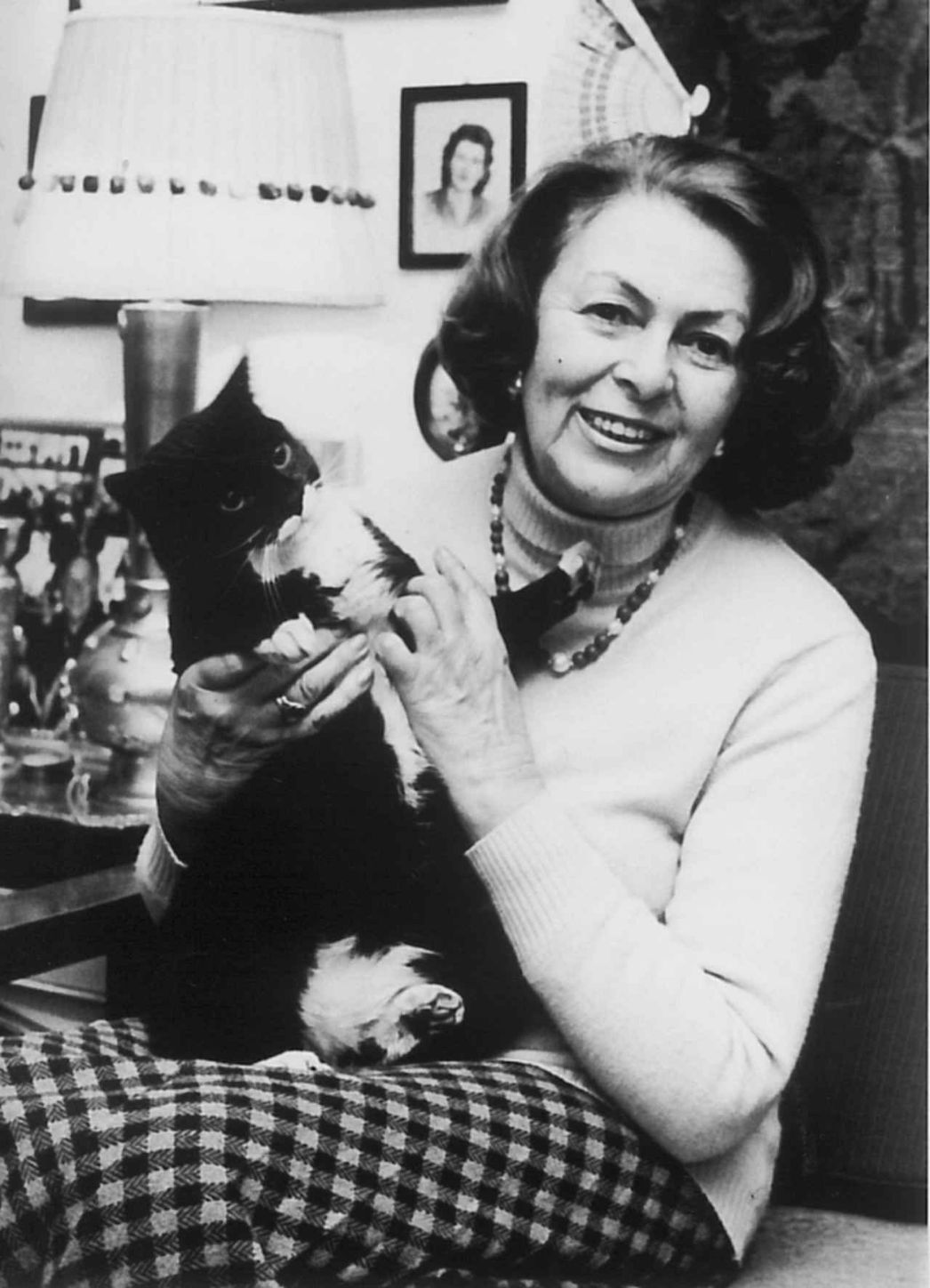
Danuta Brzosko was born in the Polish town of Pultusk on 4 August 1921. She joined the scout association, wrote and performed school plays. Despite the ban on schooling imposed by the Germans, she attended the Queen Jadwiga grammar school in Warsaw. Her ambition was to become a paediatrician or an author.
In July 1940, while taking her final examinations, Brzosko was arrested for attending school illegally. With teachers who were also arrested she spent three weeks in the Pawiak Prison in Warsaw, where she took her final exams. She was released, likely due to public pressure. Her second imprisonment followed in August 1942, again at the Pawiak Prison, and she was committed to Majdanek Concentration Camp on 18 January 1943. There she organized a support system for women and had a role in running the illegal cabaret
After returning to Poland, Brzosko studied medicine in Łódź and worked as a dentist from 1949 to 1976. She married Jerzy Medryk. Starting in 1965, she wrote novels inspired by her biography, in which she explores her memories of the concentration camp and the fate of women and children during the Second World War. Later she also wrote film scripts. From the seventies on, Danuta Brzosko-Medryk was active in the peace movement; she won the Aachen Peace Prize in 1989. In the International Committee of Buchenwald-Dora and Subcamps, she represented former female inmates of Buchenwald Concentration Camp from 1996 to 2001, and, from 1998 to 2003, she was a member of the Inmates’ Advisory Board at the Buchenwald and Mittelbau-Dora Memorials Foundation. She was a member of the General Commission for the Investigation of Nazi Crimes in Poland.


